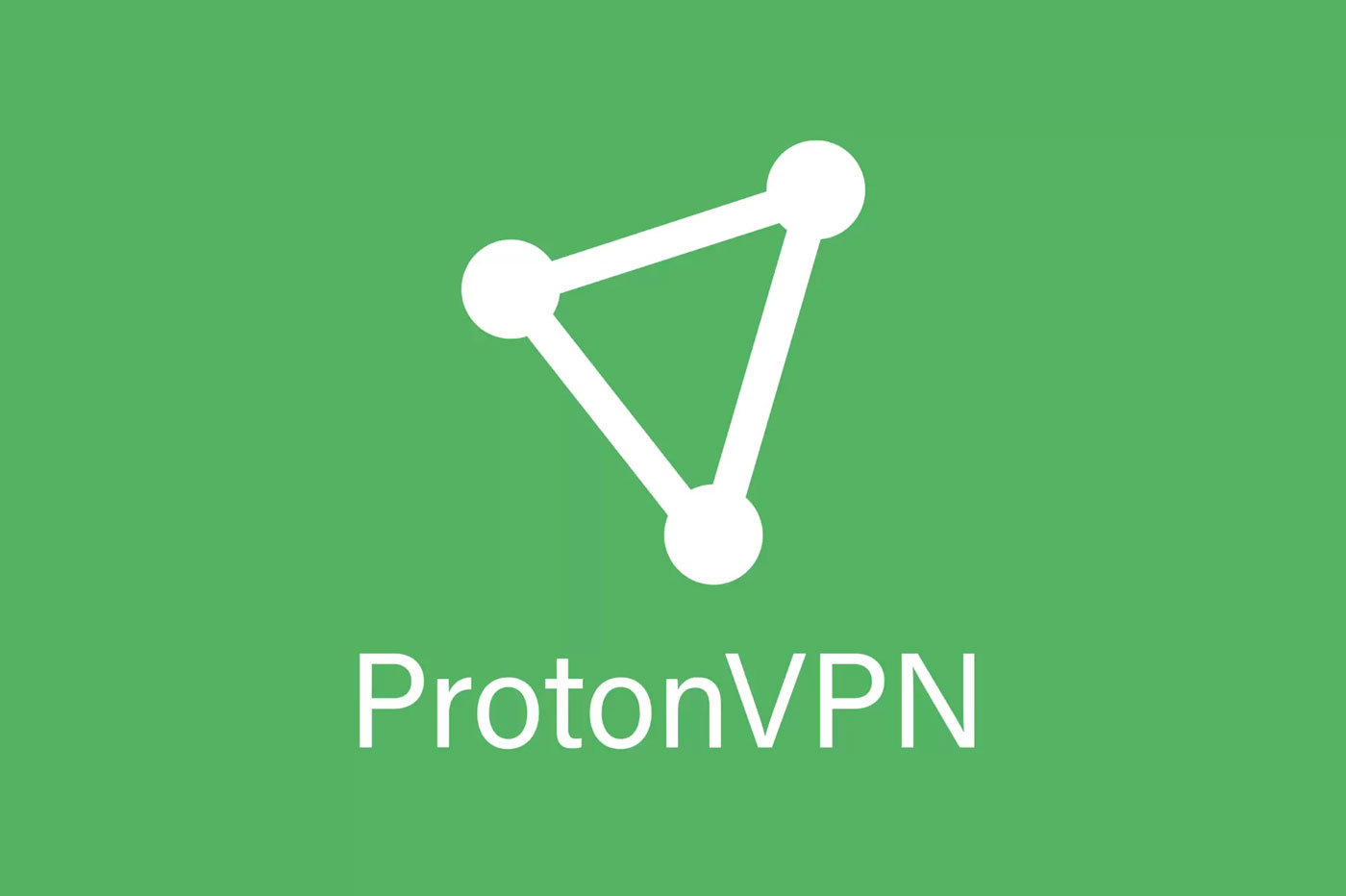Free VPNs are a tricky business as you always have to ask how the company is covering the costs of such an offer. Some services see this as a chance to incentivize upgrades or just as free advertising for the paid service. Others, however, host third-party ads, which means you could be targeted based on your browsing habits – potentially ending your use of a VPN in the first place – while others may be reviewing the websites you visit on their behalf. optimization or big data collection.
If you plan on using a VPN for the long term, it’s a good idea to pay for the privilege. That way, you get more server locations, more simultaneous device connections, and sometimes even better speeds. Restrictions on free services vary by service provider, but there is always some kind of restriction.
However, free VPNs are good if you just want to try out a service for a while, or if you just need a VPN once in a while. If you’re looking for the best free VPN for Windows, here are our top recommendations.
If and when you decide to upgrade to the full paid service, check out our comprehensive roundup of the best VPN services – our recommendations vary from this list when the money is on the line.
1. ProtonVPN – Best Overall

pros
- fantastic speeds
- Easy-to-use multi-hop feature
- Supports TOR over VPN connections
cons
- Only one device connection with free version
When it comes to Windows and free VPNs, you can’t beat ProtonVPN. The free version only allows one device connection at a time per account, but that’s all you need if Windows is your focus.
ProtonVPN’s speeds are second best in our tests of paid services, but ProtonVPN limits the speeds of free accounts a bit to what it calls “average speed”. Those speeds were entirely acceptable, however, for all the various things you might want to do, like video streaming or regular web browsing. Please note, however, that explicit Netflix support is not part of the free offer.
We also like ProtonVPN’s app design, which can be expanded to a larger version with an interactive map. Alternatively, it can be reduced to something more like a smartphone app.
ProtonVPN requires an email address and password to use the free version and users are limited to three country options.
Read our full ProtonVPN review
2. Windscribe – Best for multiple devices

pros
- Secure.link Generator is a useful link shortening service
- Works with Netflix
Windscribe is the value choice if you want lots of extra features and fewer limitations than other free services, with one big exception. Meaning that you only get 10GB of data per month. That’s not enough for a lot of video streaming, but it’s good for everything else.
As a trade-off, there are no device limits and you get 10 location options, which is more than most free services. The Windscribe app is also quite simple
Windscribe requires you to sign up with an email address.
Read our full Windscribe review
3. Hide.me – Also recommended
pros
- Good download speeds
- Easy-to-use Windows app
- Promise of no registration
cons
- Speeds were inconsistent in our tests
- One device at a time
Hide.me is a mix of ProtonVPN and Windscribe. Similar to Windscribe, you only get 10GB per month with the free version, and like ProtonVPN, you only get one device at a time. Country options are reduced to four with two US regions for a total of five location options.
Read our full Hide.mereview
What to Look for in a Free VPN on Windows
When you’re shopping for a free service for Windows, the criteria are similar to what you’d consider for a general free VPN. You want a service that doesn’t display third-party ads or harvest your browsing habits. Privacy is key with VPNs and even on a free VPN there is no reason to compromise.
Then you can consider what’s important to you, like ease of use with an interface you understand, speeds, and country options. That last point will be pretty strict when it’s free, because that’s standard practice for free VPNs. However, if you want a connection to the US, for example, most free services offer this.
If you’re hoping to use Netflix abroad with a free VPN, you might be out of luck. It can sometimes run on a regular US server, but most Netflix streaming requires specialized servers provided as part of a premium package. Other streaming services, however, may not be as demanding as Netflix when it comes to detecting VPN connections.
How we test VPNs
All VPNs tested on Windows go through a three-day process. Every day we test VPN speeds in five different countries, in addition to the base speed without a VPN connection. Each country is tested three times a day, taking the average.
When testing is done, we take the average base speed and overall overall average VPN speeds. Then we plot the base speed drop as a percentage. The idea is to show how a VPN is generally good everywhere, not just Europe or the US. We also don’t show the specific speed in megabytes per second, as these speeds can vary widely, but the amount of expected drop as a percentage can be more general.
Free VPNs can sometimes degrade speeds compared to what you see with free VPNs; however, that’s not a concern here, as all the VPNs we recommend have good speeds regardless.
Finding a good free VPN for Windows is quite simple. It all depends on whether you prioritize features like unlimited data usage, extra features, or a greater number of country options.
Common questions
What is a VPN?
A VPN (Virtual Private Network) encrypts your internet traffic and disguises your identity as you browse the internet. A VPN is mainly used for two reasons. The first is that it can anonymize your internet traffic and prevent your ISP or any other stranger from snooping on what you are doing.
Second, a VPN allows you to connect to servers all over the world. This is great for accessing location-restricted content like streaming services. All you need to do is connect to the appropriate country’s server and voilà, your computer appears on websites as if it were located in that country.
Will a VPN affect my internet speeds?
Yes, but not as bad as you think. A VPN can affect your internet speed, but these days it’s largely the exception rather than the norm.
When you connect to a VPN, it redirects your traffic through its own servers. Depending on where these servers are located, the extra distance added to travel to and from these servers can lead to a higher ping – this is especially relevant if you’re gaming. Additionally, VPNs encrypt your data, which can lead to slower download and upload speeds. As it takes time to encrypt and decrypt your data, it can affect everything from page load time to video buffer speed. Fortunately, advances in encryption technology and server optimization by modern VPN providers have significantly lessened these impacts.
Does a VPN protect against malware and computer viruses?
Unfortunately, no, a VPN will not protect you from malware or viruses. If you use a VPN and accidentally click on a malicious link or download a file with a hidden virus, there is nothing a VPN alone can do to help. We highly recommend that you use an antivirus program or find a VPN provider with additional threat protection features to help keep you safe while browsing and downloading.
Thinking of using your VPN for something other than Fire Stick? Check out more of our best VPN summaries to help you make the right decision:
[ad_2]









